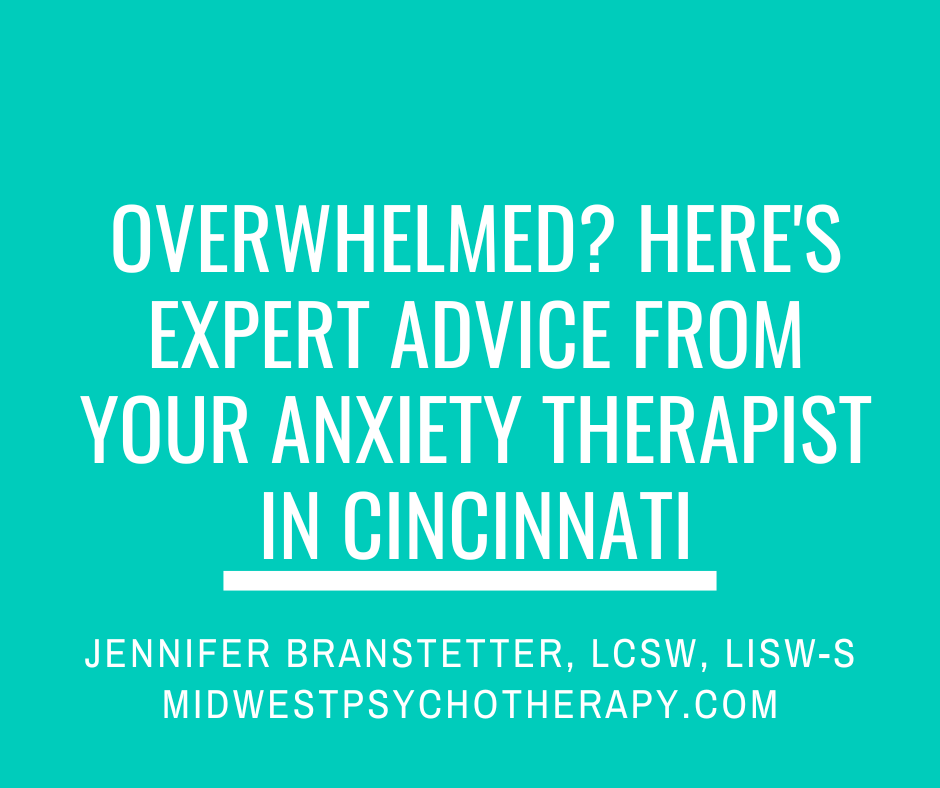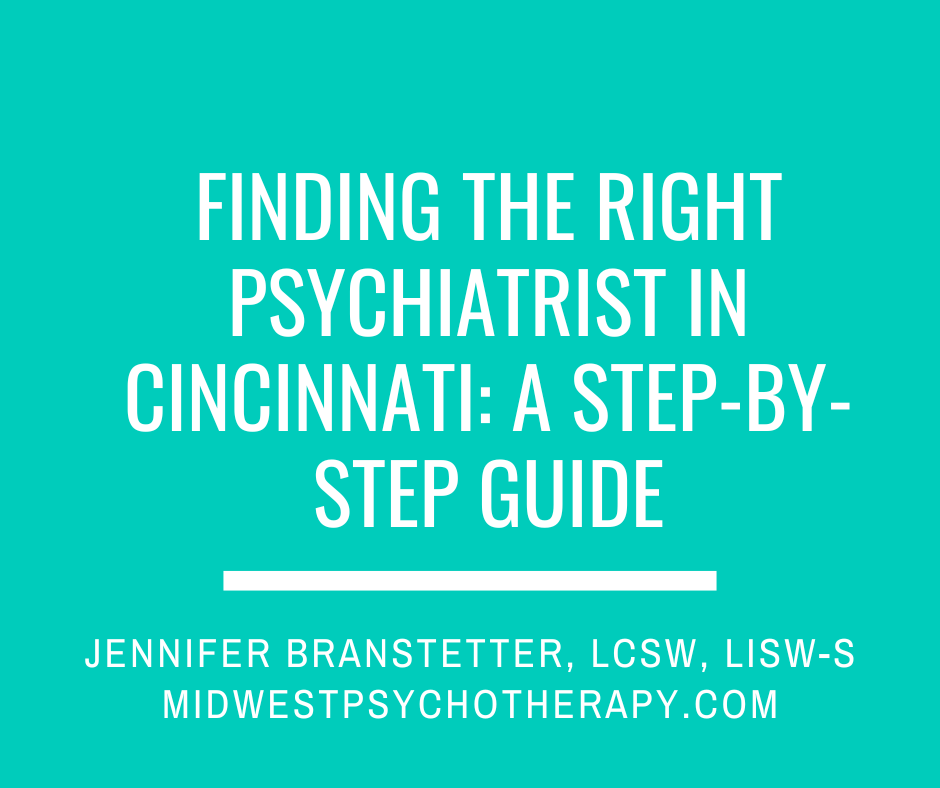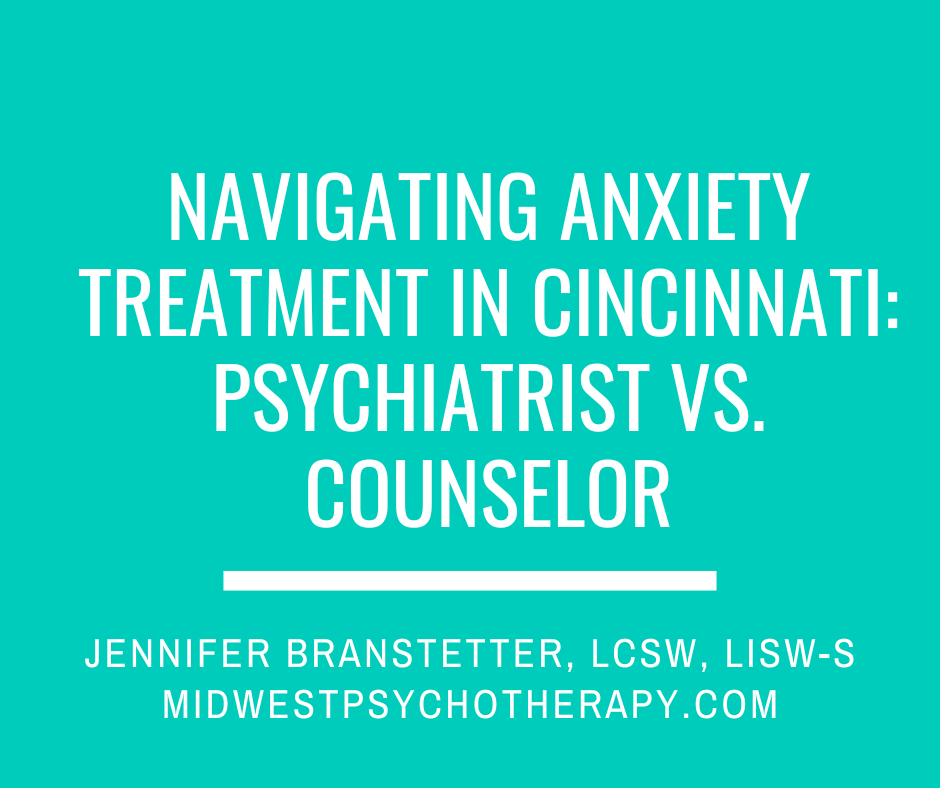Blog

Overwhelmed? Here's Expert Advice from Your Anxiety Therapist in Cincinnati
What to do when you’re overwhelmed, from an anxiety therapist Cincinnati.

Navigating a Mental Breakdown: Expert Advice from an Anxiety Therapist in Cincinnati
If you’re having an emotional breakdown, here is what you can do to help.

5 Strategies to Leave 2020 Behind: Tips from Your Anxiety Therapist in Cincinnati
2020 was a doozy. Here are the things I’ll be focusing on personally, and as a mental health counselor with my clients. It’s important to be intentional about how you handle the stress, burnout, and overwhelm that the year has caused. The stress isn’t really over, but starting fresh with new goals can certainly help steer you in a better direction.

Demystifying Therapy: Exploring Cognitive Behavioral Therapy (CBT) with Your Anxiety Therapist in Cincinnati
Socks are a great way to explain Cognitive Behavioral Therapy for treating anxiety and depression. By asking this question, we can start to understand what might be making you feel worse, and how to start feeling better. By working through CBT consistently, you can learn to manage anxiety, deal with stress, and decrease depression.

Embracing the Breakdown: Finding Growth Amidst Stress with Your Anxiety Therapist in Cincinnati
Having a mental breakdown can feel scary and defeating. It’s truly awful to experience. But I want to share some of the good things that can come from completely losing it.

Finding the Right Psychiatrist in Cincinnati: A Step-by-Step Guide
Do you want to see a psychiatrist, but don’t know where to look? This is how I help clients find a psychiatrist and schedule an appointment.

Navigating Anxiety Treatment in Cincinnati: Do I need a Psychiatrist vs. Counselor?
How to decide whether you need a psychiatrist or counselor to help with anxiety or depression.